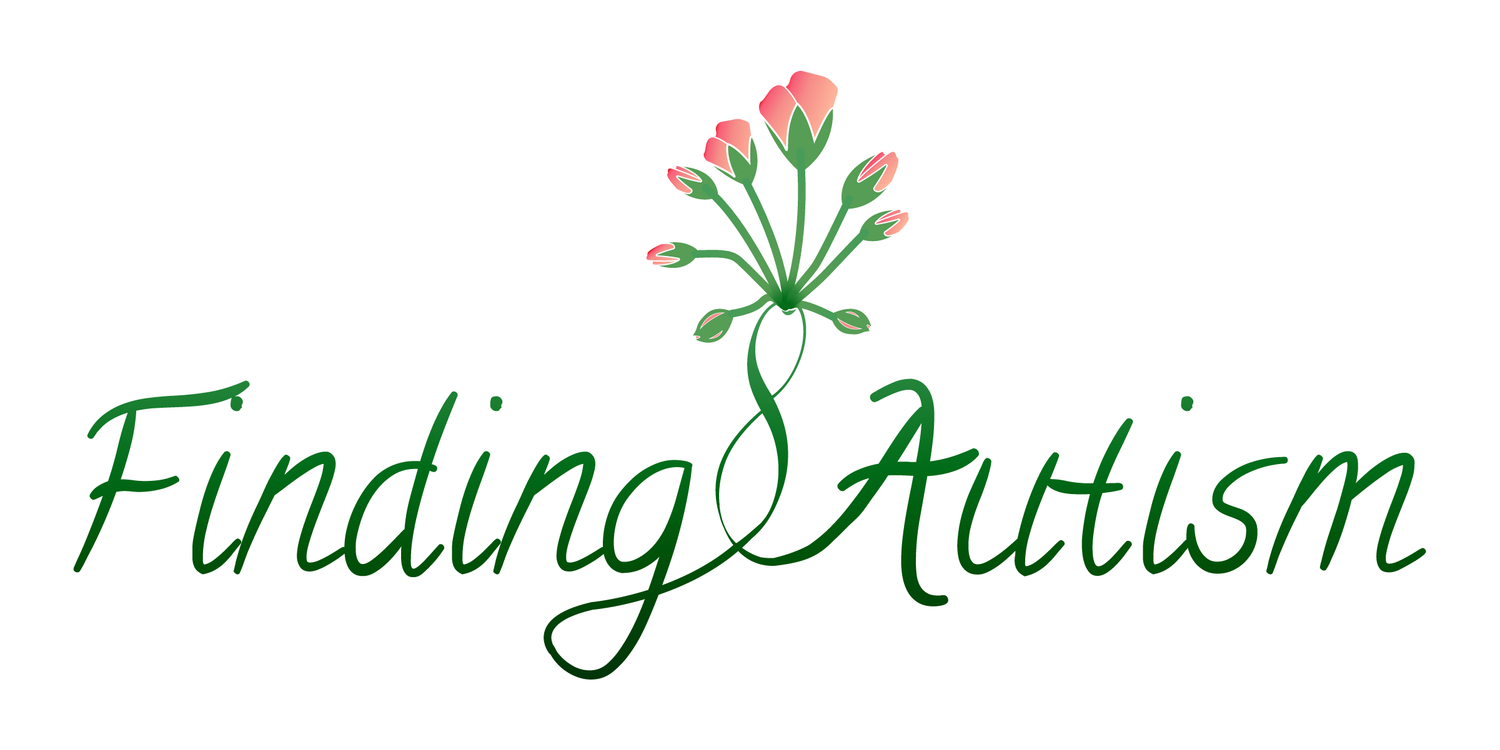Blog Post: Managing Wellbeing as an Autistic Woman
This month, I surveyed 140 autistic women about their life experiences. The vast majority of the women surveyed – 88% to be exact – reported that they struggle to manage their wellbeing, often getting burned out or not engaging in self-care. As an autistic woman myself, I also repeatedly fail to look after my own wellbeing.
Why do a lot of autistic women struggle with this? In short, the human world is not designed for us. We are constantly faced with situations and environments that do not align with our social, sensory, and cognitive needs. Therefore, we must work harder just to get by. As a result, we may frequently get overwhelmed and burned out. So, how do we better manage our wellbeing?
Tip 1: Set boundaries for work and social commitments.
Throughout my life, I have been notoriously terrible at setting boundaries when it comes to work and social commitments. For example, when asked questions such as these…
“You’re invited to my event! Will you be able to make it?”
“Can you please review my work and give your thoughts?”
“Do you have any more capacity to take on this new project?”
It’s okay to say no.
I often feel the need to say “yes”, even when I’m on the verge of my social and emotional limits. My perfectionistic nature and drive to please others get in the way of saying what I ought to say sometimes: “no, but thanks for asking.”
It is truly okay, crucial even, to know our limits and set boundaries. Setting healthy boundaries can look like:
Saying “no” to social events that we are very anxious about or that aren’t important to attend.
Taking full days off work or people generally. As an example, one weekday a month, I'll take a full day off from all commitments. Having this day off, even if I feel that I don't need it, is very important; because, the chances are, I do need it.
Actively scheduling self-care breaks into our days, including working days. For example, between certain times each day, I'll turn off my devices and do something that recharges my energy.
Tip 2: Relax and recharge by engaging in your passions, hobbies, and interests.
Many autistic individuals have strong passions, hobbies, or interests in one or many areas. Personally, I am very passionate about autism advocacy. I also love writing, nature, and listening to or creating music. In an ideal world, I would spend the majority of my days engaged in these activities and that would make me happy. Why do autistic individuals, including myself, enjoy our hobbies and interests so deeply?
The survey that I conducted on autistic women indicated that the main reason we enjoy our hobbies is because they bring therapeutic benefits. These benefits include, but are not limited to, a sense of calmness, relaxation, peace, and joy.
Fundamentally, our passions, hobbies, and interests can recharge us in a world that often drains our energy.
So, if you’re feeling stressed or overwhelmed, play your guitar. Write in your diary. Put your headphones on and drown out the world. Take a walk in nature. Or, do whatever it is that you truly love doing and are passionate about. It’s so important to make the time for these activities.
Tip 3: Connect with like-minded people.
Connecting with like-minded people that understand, accept, and embrace us is vital. For instance, one autistic woman I surveyed earlier this month described that…
“It's very important to feel accepted. In situations where I don't feel accepted I tend to burn out a lot faster and struggle a lot more with my mental health. The feeling of being equivalent in a group setting, getting the help I need, and being heard is very important… it’s something I need to thrive in environments.”
Another autistic woman shared that…
“When I try so hard to push myself to fit in, be like everyone else and be social, I just end up burning myself out.”
These responses and countless others indicate that when we are in environments that demand us to be something that we are not, we tend to get burned out quickly. This ties into masking or camouflaging: when autistic individuals attempt to hide or minimise traits to appear more “socially acceptable”. Evidence consistently shows that masking is exhausting, tiring, draining, and has devastating effects on our wellbeing.
Instead, autistic individuals thrive in environments where we are accepted and can achieve authentic connection. Often, these environments involve fellow autistic people who are likeminded – thinking and acting in similar ways to ourselves.
When we find like-minded individuals, we don’t need to exhaust ourselves by socially faking it. We can just be.
Take Home Message
Working towards wellbeing as an autistic individual isn’t always easy, but there are some things that we can do to help ourselves to thrive. We can actively: set social and work boundaries, make time for our passions or calming activities, and connect more with like-minded people from the autism community.
If you like what I’m sharing, you can kindly support me by ‘buying me a coffee’.



